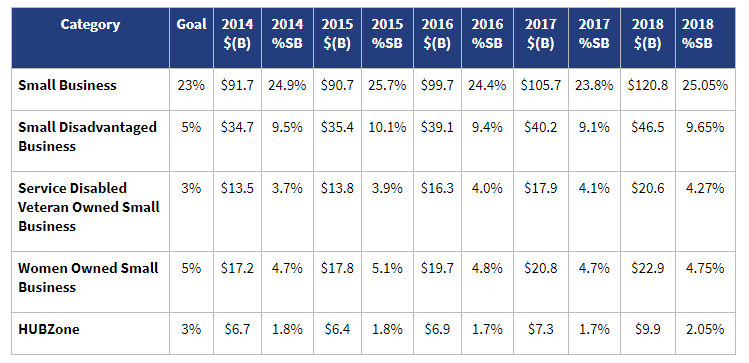Empowering Entrepreneurs: Unveiling the Force Behind Women’s History Month 2024
In March, we honor women’s achievements, resilience, and innovation during Women’s History Month. Women-owned small businesses (WOSBs) play a crucial role, in driving economic growth and diversity. GSA proudly empowers women business leaders, exceeding WOSB goals for the past 16 years. With over 12 million WOSBs in the US, they’re a potent force, creating jobs and shaping our economy. (GSABLOG Office of Small Business Utilization March 19, 2024)
The Associate Administrator for GSA’s Office of Small and Disadvantaged Business Utilization (OSDBU), is committed to supporting women entrepreneurs. GSA ensures WOSBs have access to government contracting opportunities. The Multiple Award Schedule (MAS) program is a premier vehicle for government sales, empowering small businesses to thrive. With just a small investment in time, WOSBs can position themselves for success. (ibid)
Federal government agencies favor buying from MAS Schedule contract holders because they are procuring approved products and services. In addition, GSA has performed the groundwork and negotiated the best price. (ibid)
For WOSBs ready to secure GSA schedules contracts, here’s how to start:
- Register on SAM.gov. The primary database for contractors doing business with the federal government. For more in-depth information see the SAM.gov factsheet. (ibid)
- Connect with your local OSDBU small business specialist. These specialists are a great resource for training, education to assist you to successfully navigate the federal marketplace. (ibid)
- Utilize the Forecast of Contracting Opportunities Tool. this tool can assist you in locating contracting opportunities and building business plans. (The GSA Forecast Tool Factsheet explains how to use the tool and its features.) (ibid)
- Benefit from GSA OSDBU support and training opportunities. GSA.gov has an Events and Training page, in addition to videos and information on doing business with GSA. (ibid)
GSA is proud of its track record, having awarded over $651 million in prime contracts and $3.7 billion in subcontracts to WOSBs in FY23. In FY24, they’ve already awarded over $187 million. Women’s History Month 2024 is a tribute to the boundless potential of today’s women-owned small businesses, driving innovation and inspiring future generations. GSA continues to support them as a vital force for economic growth and progress in our nation. (ibid)
Want to know more about how your WOSB can get a GSA Schedule? Give us a call.

